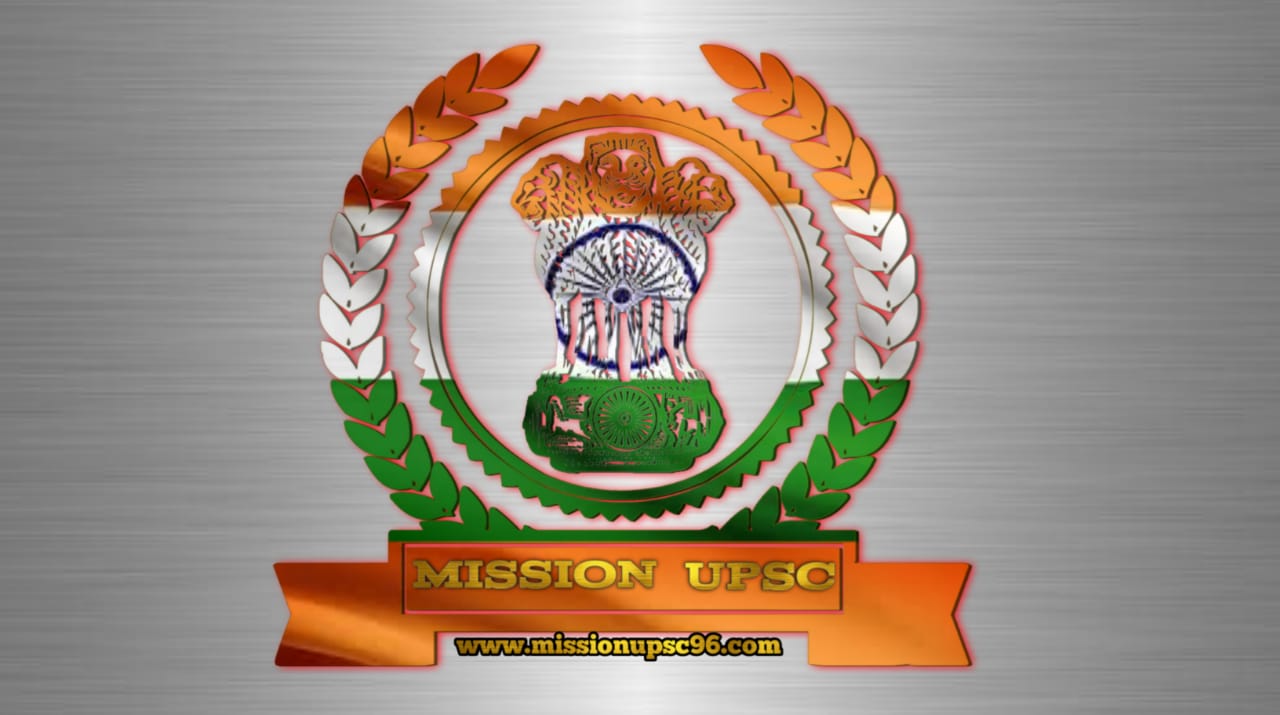Hey guys, today we will discuss about ''spreading of democratic ideology in the world''.
this article is important for UPSC, civil service exam and state PCS exam.
General Studies Papers 1 and 2
World History and Polity
Mains Question:-
In recent years, there have been agitations in many countries of the world
including Thailand for the establishment of democracy. Why does the world need democracy?
Download now:- download
Spreading
of Democratic ideology in the world
Recently, an emergency has been imposed in Thailand to stop movements for democracy. For the last several years, there have been struggles in many areas of the world to establish democracy.
Introduction:-
Ø For some time there has been a strong demand for democracy all over
the world. In the ancient world, there is evidence of some signs of democracy
in great civilizations like Rome, India, etc. But many social, economic, and
military factors had weakened democracy in the medieval period. The modern
concept of democracy is thought to originate from Britain.
Ø Democracy started in Britain in 1680. The French Revolution paved the
way for the establishment of a strong democracy by giving the principles of
liberty, equality, and fraternity. At present, many countries of the world have
accepted the system of democratic governance. But still in some countries
dictatorship, military rule, monarchial government present have faced movements
that occurred from time to time for democracy.
Struggle for democracy in the present world
Ø Since 2014, student resistance against Thailand's junta (military
government) and monarchy has been increasing. As a result, an emergency has
been imposed there.
Ø The struggle against Chinese handcuffs in Hong Kong continues.
Ø After a long struggle, a democratic government led by Aung San Suu Kyi
came to power in Myanmar.
Ø Even after General Gaddafi's dictatorial rule of 42 years in Libya,
complete democracy has not been established yet.
Ø There have also been demonstrations against China's communist democracy.
Ø Along with these countries, there have been struggles for the
establishment of democracy in Sudan, Syria, Lebanon, etc.
What is democracy?
Ø According to James Bryce "Democracy is the rule of the people, in
which people express their sovereignty by a vote.
Ø "Democracy" originated from the Greek words Demos and
'Kratos'. 'Demos' meaning whole citizen living within a particular city-state
and 'Kratos' meaning the power of rule". Thus democracy means people's
rule.
The spread of democracy in the modern world
The first wave of democracy (17th and 18th century): -
Ø At this time, democracy was limited only in Europe and parts of America.
In 1680, after the glorious revolution of Britain, the American Revolution of
1776, and the French Revolution of 1789, a strong democracy was established on
the globe. By this time most of the countries of the world were under the
overall monarchial or colonial powers.
Ø At this time, the great Mughal power of India had ended and the
colonial power of Britain had replaced itself as pan-India power.
From World War II to the fall of the Soviet Union
Ø The world order changed after the Second World War. The United States
and Russia came to the world by becoming two big powers who attempted to end colonialism.
Ø In this era, countries like India, Pakistan, Sri Lanka, Maldives,
Ghana became independent and democracy was established there.
Modern times: -
Ø The world became unipolar after 1991. America was supporting democracy
and globalization as the only global
power. During this period, Nepal, Libya, Myanmar, and 15 countries separated
from the Soviet Union accepted the democratic system.
Ø Democracy was established after a conflict with the royal family in
Nepal and military rulers in Libya and Myanmar. In Bhutan , the establishment
of a constitutional monarchy with the approval of the King.
Ø But even today, there are roots of dictatorial military and monarchy in
many countries like Arab country, Thailand.
Why is democracy necessary?
Ø In a democracy, the person is considered a unit. On this basis, the
emphasis is on protecting the freedom of the individual, personal dignity.
Ø In a democracy, discrimination based on caste, sex, religion, origin,
race is prohibited. There is a lack of privileges in society which helps in
bringing equality in society.
Ø Democracy teaches to respect other's thoughts and ideologies, which
reduces conflicts. It enhances fraternity.
Ø Democracy as a governance system favors accountable, limited,
constitutional, delegated power in which the process of elections is held at
regular intervals. This prevents the centralization of power.
Ø Democracy at the international level inspires human welfare and
fraternity.
Ø The same principles of democracy in which the presence of ideals such
as personaldignity, fraternity, freedom, equality, rights have become popular
all over the world.
Challenges in front of democracy
There are
also some challenges in front of democratic governance, which are as follows -
Ø It lacks rapid development and quick decisions.
Ø Democratic governments can be overthrown by a powerful person or army.
The elected government in Pakistan has been overthrown by military forces many times.
Ø In countries like Poland, China, Hungary, Russia, complete democracy
has still not been established.
Ø In many countries, a prolonged election process leads to wastage of
resources.
Conclusion
Although there are some challenges in democracy, it ensures the dignity of a person by giving importance to limited governance. As soon as you are born as a human being, some rights should be obtained which are easily obtained in democratic countries. Every human has the right to human dignity, so the governance system must protect that dignity which easily possible in the democratic system.







0 Comments
If you any question then ask me in comment section